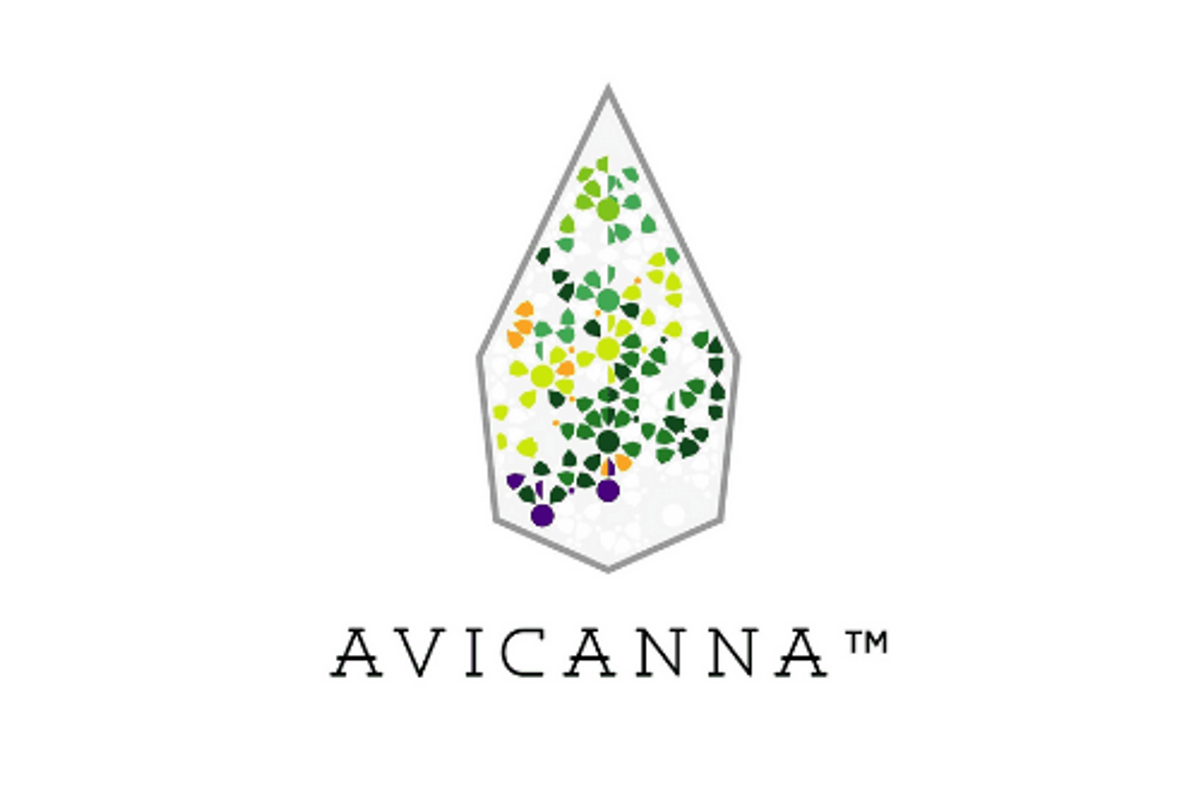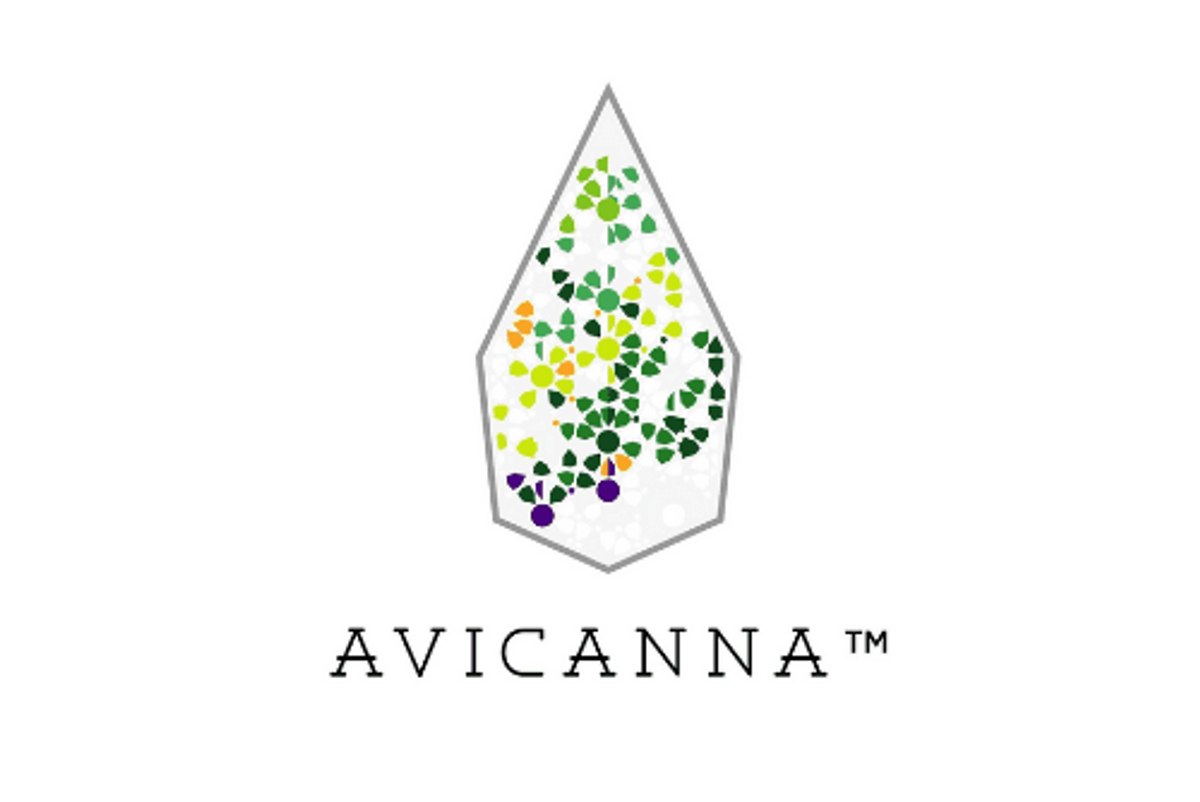
- Record gross revenue of $1,007,033 through steady growth and progression of global commercialization
- Delivered a record number (27,041) of units of cannabis 2.0 products globally, an increase of 61% from Q2
- 25 listings of cannabis 2.0 products across adult use and medical channels in Canada.
- Expanded into and completed exports into the 12 th international market.
/NOT FOR DISTRIBUTION TO UNITED STATES NEWSWIRE SERVICES OR FOR DISSEMINATION IN THE UNITED STATES. ANY FAILURE TO COMPLY WITH THIS RESTRICTION MAY CONSTITUTE A VIOLATION OF UNITED STATES SECURITIES LAWS/
Avicanna Inc. ("Avicanna" or the "Company) (TSX: AVCN) (OTCQX: AVCNF) (FSE: 0NN), a biopharmaceutical company focused on the development, manufacturing, and commercialization of plant-derived cannabinoid-based products, is pleased to announce the filing of the Company's third quarter financial statements and provide financial and corporate highlights.
"We are proud to present the meaningful progress we have made across all divisions in what is evidently our most successful quarter to date. We have evolved the organization from R&D stage to a rapidly expanding and truly global commercial-stage company with several business units now generating revenue across several markets. We have successfully established a strong footprint with our proprietary cannabis formulations in Canada across 3 channels including medical, clinical, and adult use, which is attributed to our scientific platform and evidence-based non-inhalation products. We continued to innovate, enhanced our intellectual property, and progressed our pharmaceutical pipeline. Finally, we advanced our global business model by opening our 12 th market and more importantly have successfully connected our proprietary formulations with our low-cost API and manufacturing infrastructure in Colombia to deliver advanced products to the global marketplace," commented Aras Azadian, CEO, Avicanna Inc.
Third quarter financial highlights
Gross revenue in the third quarter increased to $1,007,033 ($987,967 net) from $810,299 in the second quarter, and $279,515 in the first quarter of 2021, representing an increase of 24% over the second quarter and 260% over the first quarter revenues. The reported revenue represents cannabis-only sales with majority being new or recurring orders from proprietary finished products in the Canadian medical and adult use channels.
The Company delivered 27,041 units of its cannabis 2.0 products branded as RHO Phyto and Pura Earth, compared to 16,767 units in the second and 8,855 units in the first quarter of 2021, representing a growth of 61% over the second quarter and 205% over the first quarter of 2021.
Loss per share for the nine months ended September 31, 2021, was ($0.29) per share, compared with ($0.82) per share for the nine-month period ending September 30, 2020, representing an improvement of 64% from the same period in the previous year.
By the end of the third quarter, the Company had a total of 25 product listings across medical and adult use channels in Canada, compared to 17 in the second quarter and 6 in the first quarter of 2021, representing an increase of 96% over the second quarter and 316% over the first quarter of 2021.
Other strategic highlights during and subsequent to the third quarter
Entrance into new global markets and expansion of Aureus-branded products with exports of high CBD and THC cannabis extracts to Austria, Peru, and Brazil reaching a total of 11 countries across 4 continents.
Multi-year supply agreement with a Brazilian pharmaceutical company to supply industrial volumes of high THC and high CBD full spectrum cannabis extracts. The Company is expecting revenue of up to $4.0M in fiscal 2022 from this agreement.
Filing of a US Patent Application for a novel cannabinoid formulation for reducing incidence of seizures and sudden unexpected death in epilepsy. Research findings originated from cannabinoid-based collaborations with leading epilepsy researcher, Dr. Peter Carlen, at University Health Network ("UHN"). Avicanna's proprietary formulation showed promising pre-clinical results in reducing seizures and will continue to undergo preclinical and clinical development as a potential drug candidate.
Non-brokered private placement at a premium to the market price (at the time of close), issuing 4,587,022 common share units at a price of $0.85 per unit for gross proceeds of $3,898,969.
The Canadian launch of Viola-branded products in partnership with Medical Cannabis by Shoppers TM . Through this partnership Canadian medical and adult use consumers will have access to products by the equity-focused brand for the first time.
Santa Marta Golden Hemp S.A.S. ("SMGH"), the company's majority owned subsidiary met global conformity standards of Good Agricultural and Collection Practice ("GACP"), an international guide set forth by the European Medicines Agency. The certification will allow for the expansion of the Company's raw materials supply business to include organic and now GACP certified dried flower and biomass globally.
Conference Call Details
| DATE: | November 12, 2021 |
| TIME: | 8:30 AM Eastern Time |
| LINK: | https://tinyurl.com/AVCNQ32021 |
About Avicanna
Avicanna is a Canadian commercial-stage biopharmaceutical company established in cannabinoid research, development, and evidence-based products for the global consumer, as well as medical and pharmaceutical market segments. In leading global cannabinoid advancements, Avicanna conducts most of its research in Canada at its R&D headquarters in the Johnson & Johnson Innovation Centre, JLABS @ Toronto, located in the MaRS Discovery District. The Company actively collaborates with leading Canadian academic and medical institutions. Avicanna has established an industry-leading scientific platform including advanced R&D and clinical development which has led to the commercialization of over twenty products across four main market segments:
- Medical Cannabis & Wellness Products: Marketed under the RHO Phyto™ brand, or Magisterial Preparations, these medical and wellness products are an advanced line of pharmaceutical-grade cannabis products containing varying ratios of cannabidiol ("CBD") and tetrahydrocannabinol ("THC"). The product portfolio contains a full formulary of products including oral, sublingual, topical, and transdermal deliveries that have controlled dosing, enhanced absorption and stability studies supported by pre-clinical data. The advanced formulary is marketed with consumer, patient and medical community education and training. Avicanna's medical and wellness product portfolio also forms the foundation of the Company's pharmaceutical pipeline with the contribution of the formulations that form the basis of the products as well as the data generated from sales and participation of the products in real world evidence studies.
- CBD Derma-Cosmetic Products: Marketed under the Pura H&W™ or Pura Earth™ brands, these registered, clinically tested, dermacosmetic products include a portfolio of functional CBD topical products.
- Pharmaceuticals: Leveraging Avicanna's scientific platform, vertical integration, and real-world evidence, Avicanna has created a pipeline of patent-pending drug candidates which are indication-specific and in various stages of clinical development and commercialization. These cannabinoid-based drug candidates provide solutions for unmet medical needs in the areas of dermatology, chronic pain, and various neurological disorders. Avicanna's first pharmaceutical preparation (Trunerox TM ) is in the drug registration stage in South America.
- Cannabis Raw Materials, Seeds, and Bulk Formulations: Marketed under the Aureus™ brand, the Company's raw material business has successfully completed sales to 11 countries. Aureus offers cannabis dried flower, standardized seeds, full spectrum extracts, and cannabinoid distillates, isolated cannabinoids (CBD, THC, cannabigerol ("CBG") and other rare cannabinoids), and bulk formulations derived from hemp and cannabis cultivars through its sustainable, economical, and industrial-scale subsidiaries based in Colombia. The majority of the Aureus products are produced at Santa Marta Golden Hemp S.A.S. ("SMGH"), the Company's majority-owned subsidiary, which is also Good Agricultural and Collection Practices ("GACP") certified and has United States Department of Agriculture ("USDA") National Organic Program certification for its hemp cultivar.
SOURCE Avicanna Inc.
Stay Connected
For more information about Avicanna, visit www.Avicanna.com, or contact Ivana Maric by email at info@avicanna.com .
The Company posts updates through videos from the official company YouTube channel https://www.youtube.com/channel/UCFXPBGdKSxOUOf_VZoSFSUA .
Cautionary Note Regarding Forward-Looking Information and Statements
This news release includes statements containing certain "forward-looking information" within the meaning of applicable securities law ("forward-looking statements"). Forward-looking statements are frequently characterized by words such as "plan", "continue", "expect", "project", "intend", "believe", "anticipate", "estimate", "may", "will", "potential", "proposed" and other similar words, or statements that certain events or conditions "may" or "will" occur. These forward-looking statements are only predictions. Various assumptions were used in drawing the conclusions or making the projections contained in the forward-looking statements throughout this news release. Forward-looking statements are based on the opinions, estimates and assumptions of management in light of management's experience and perception of historical trends, current conditions and expected developments at the date the statements are made, such as current and future market conditions, the current and future regulatory environment and future approvals and permits. Forward-looking statements are subject to a variety of risks, uncertainties and other factors that management believes to be relevant and reasonable in the circumstances could cause actual events, results, level of activity, performance, prospects, opportunities or achievements to differ materially from those projected in the forward-looking statements, including general business and economic conditions, changes in laws and regulations, product demand, changes in prices of required commodities, competition, the effects of and responses to the COVID-19 pandemic and other risks, uncertainties and factors set out under the heading "Risk Factors" in the Company's annual information form dated April 15, 2020 (the " AIF ") and filed with Canadian securities regulators available on the Company's issuer profile on SEDAR at www.sedar.com. The Company cautions that the list of risks, uncertainties and other factors described in the AIF is not exhaustive and other factors could also adversely affect its results. Readers are urged to consider the risks, uncertainties and assumptions carefully in evaluating the forward-looking statements and are cautioned not to place undue reliance on such information. The Company is under no obligation, and expressly disclaims any intention or obligation, to update or revise any forward looking statements, whether as a result of new information, future events or otherwise, except as expressly required by applicable securities laws.


